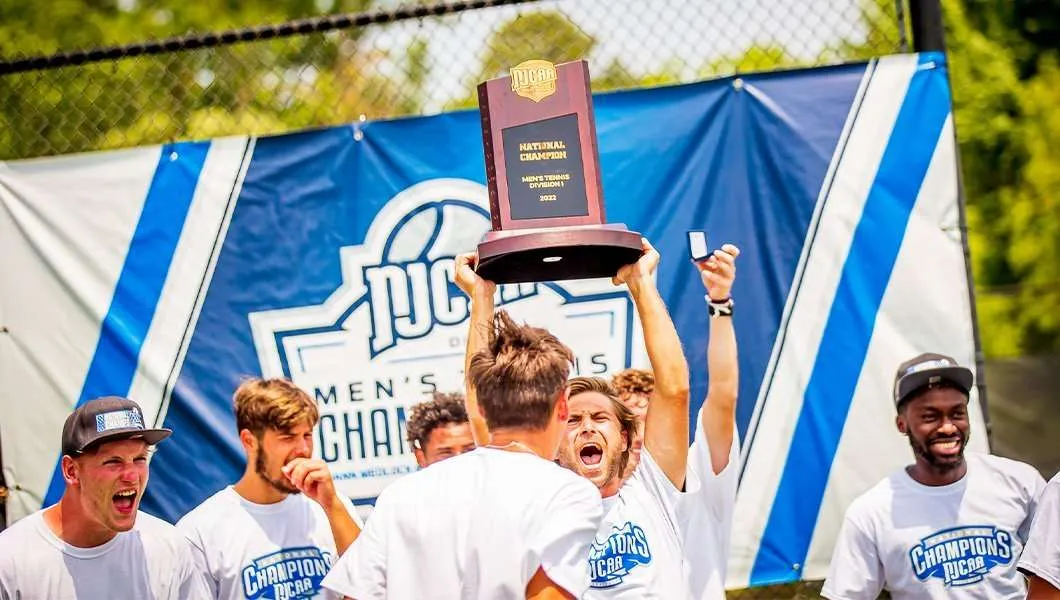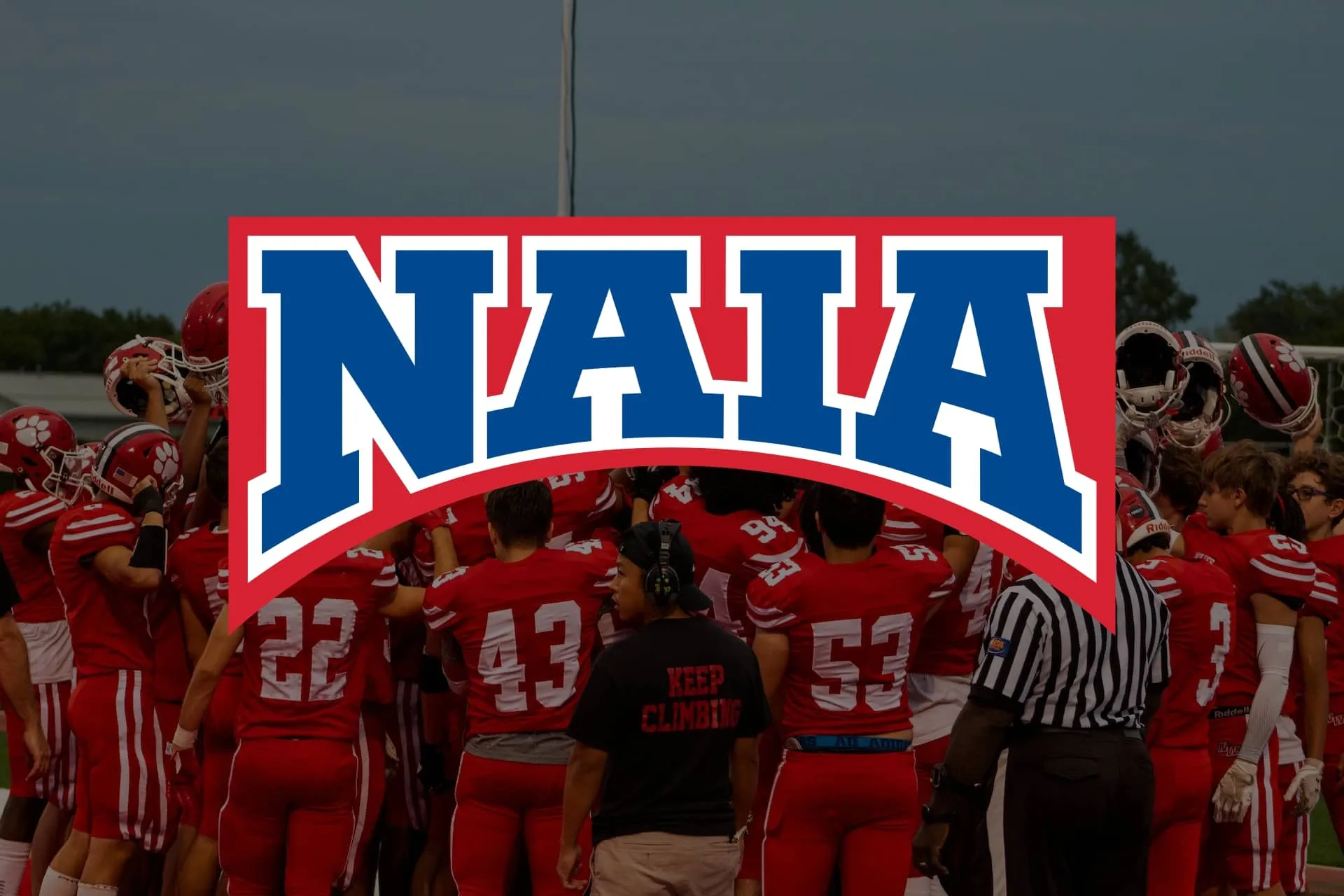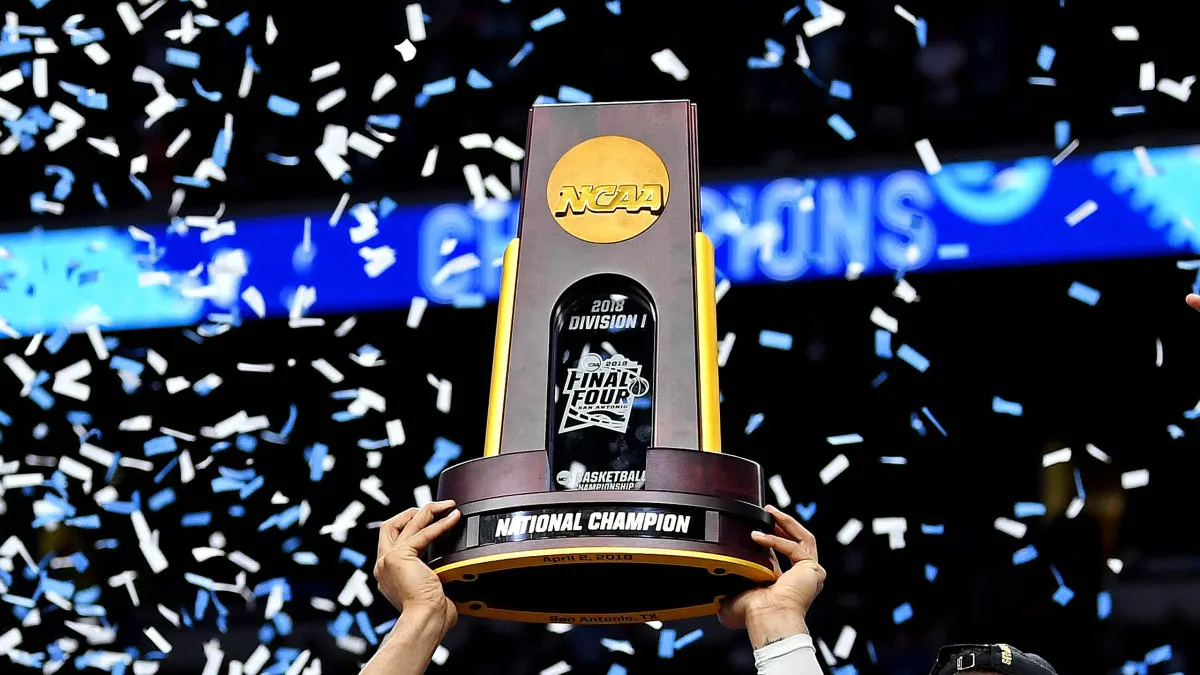What is JUCO? A Guide to Junior College Athletics for Future Student-Athletes
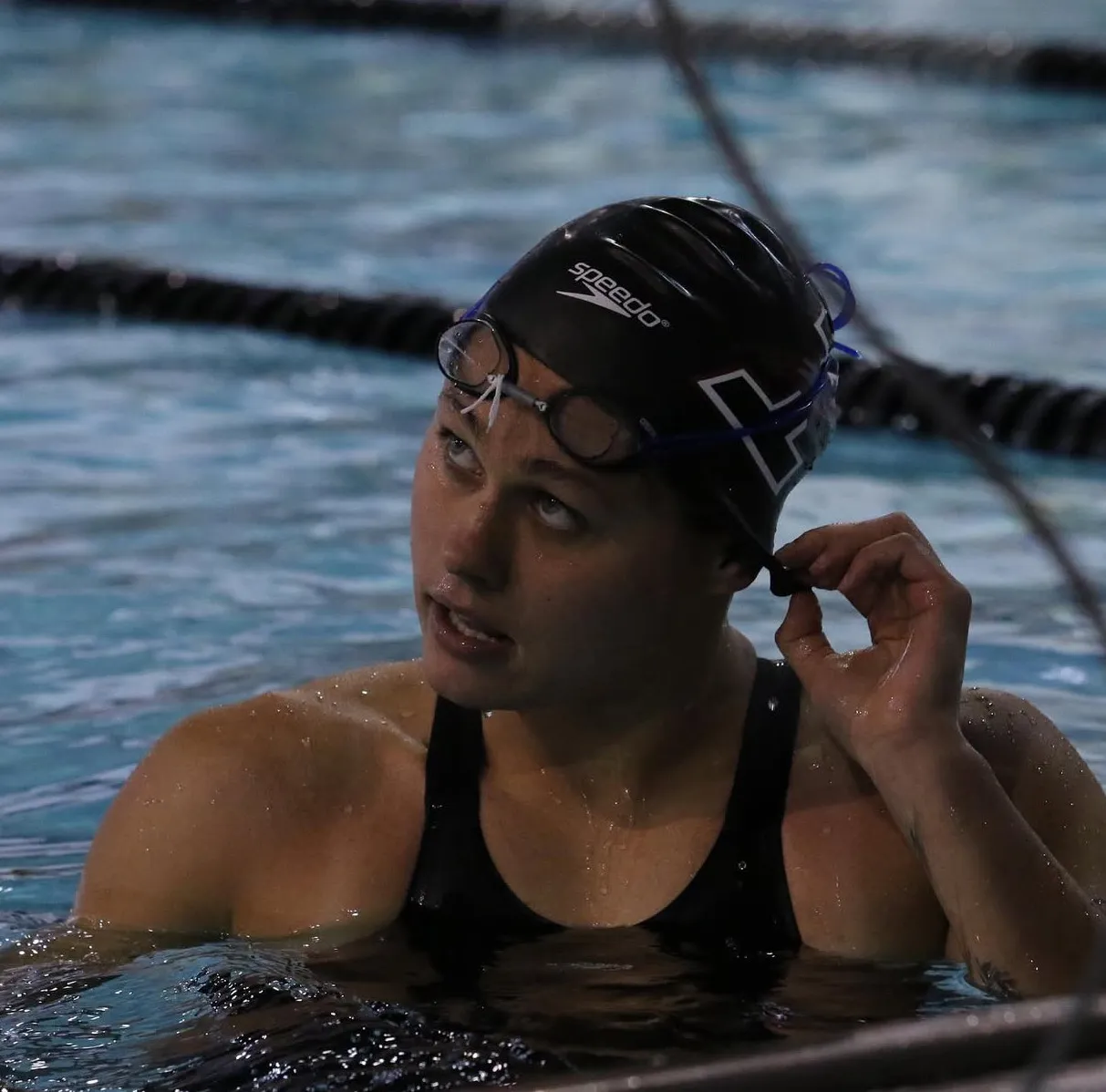
Maria Rezhylo
All-American swimmer & swim coach
For many high school athletes dreaming of competing at the collegiate level, navigating the complex landscape of college sports can be overwhelming.
One term often heard but less understood is "JUCO." So, what exactly does JUCO mean, and how does it fit into the broader athletic landscape?
This guide provides clear, concise, and essential insights for athletes and their families exploring junior college athleticsand education.
What is JUCO?
"JUCO" is an abbreviation for junior college, also commonly referred to as a community college.
These institutions offer two-year associate degree programs, vocational training, and preparation for transfer to four-year universities.
Unlike traditional four-year universities, junior colleges typically have open admission policies, lower tuition costs, and smaller class sizes, making them accessible educational options for a wide variety of students.
In terms of athletics, JUCO institutions are primarily governed by the National Junior College Athletic Association (NJCAA)
Founded in 1938, the NJCAA oversees junior college sports, enforcing rules, regulating competition, and organizing national championships.
It supports approximately 500 member schools and manages athletic eligibility requirements to ensure fair competition among them.

Is JUCO Better Than NCAA Division II or III?
When considering JUCO versus NCAA Division II or Division III schools, it is important not to categorize one level as inherently "better" than another. Each division and institution type has distinct benefits and opportunities.
Athlete Development
Junior colleges often emphasize athlete development, offering extensive playing time and hands-on coaching.
Athletes typically see more game action early in their college careers at JUCOs, which can accelerate their growth and confidence.
By contrast, NCAA Division II and III schools may provide slightly less immediate playing time but often emphasize long-term athletic and academic growth.

Playing Time
One of the strongest appeals of JUCO athletics is the likelihood of immediate and substantial playing time.
Many athletes choose junior colleges specifically because they provide opportunities to play right away rather than waiting several years on the bench at larger institutions.
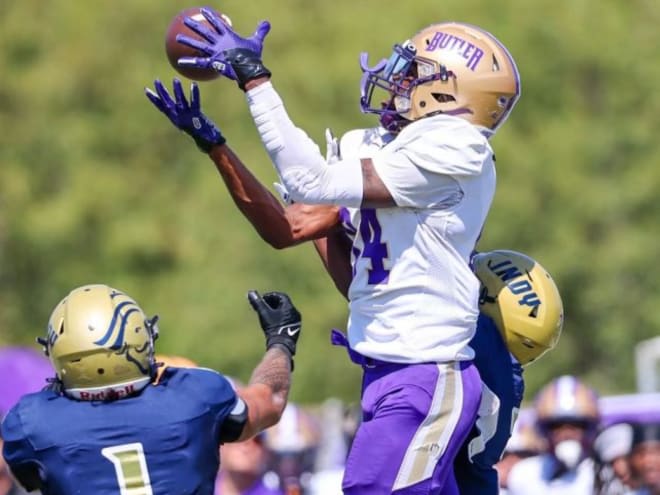
Exposure
In terms of recruiting exposure, junior college athletics provides athletes the opportunity to showcase their talents, improving their chances of transferring to NCAA Division I, II, or IIIschools later.
Coaches from four-year universities frequently scout junior college competitions, making junior college athletics a viable pathway for athletes who wish to advance in collegiate sports.

In essence, JUCO is often strategically used as a stepping stone to higher collegiate divisions, providing athletes crucial playing time, developmental opportunities, and exposure to scouts from four-year universities.
Can JUCO Schools Give Athletic Scholarships?
Yes, junior colleges under the NJCAA can offer athletic scholarships, including full-ride scholarships.
However, the type andamount of scholarships available can varysignificantly depending on the school and sport.
Types of Scholarships
- Full-Ride Scholarships: These cover tuition, fees, room, board, and sometimes books and other expenses.
- Partial Scholarships: Many junior colleges offer partial scholarships, helping to offset tuition and fees, but typically not covering full living costs.
Some JUCO programs have great resources for scholarships, while others may have limited financial support. Researching specific schools and sports programs is crucial when evaluating scholarship opportunities.

Can You Transfer from One JUCO to Another?
Transferring between junior-level colleges is entirely possible and relatively common. JUCO-to-JUCO transfers generally follow straightforward procedures similar to other collegiate transfers but typically involve fewer bureaucratic hurdles.
Reasons Athletes Transfer Between JUCO Schools
- Better Fit: Athletes might transfer to find a better athletic, academic, or cultural fit.
- Academic Reasons: Some athletes transfer to junior colleges with better academic programs or resources that align more closely with their educational goals.
- Coaching Changes: Changes in coaching staff or athletic philosophy can prompt athletes to seek alternative programs.
The transfer process involves coordinating between athletic departments to ensure academic credits and athletic eligibility remain intact.
Does JUCO Count Against NCAA Eligibility?
Participating in athletics and coursework at a junior college (JUCO) generally does not negatively impact an athlete's future NCAA eligibility, provided they carefully follow NCAA guidelines.
However, athletes should be aware that their participation at a JUCO does count toward the total eligibility timeline set by the NCAA.
Understanding NCAA Eligibility Timelines
The NCAA typically allows athletes four seasons of competition within a five-year eligibility clock that begins as soon as an athlete enrolls full-time at any collegiate institution, including a junior college.
Here's how JUCO participation affects eligibility:
Eligibility Clock:
Your NCAA eligibility "clock" starts as soon as you enroll full-time at any post-secondary institution, including junior colleges and four-year colleges. Athletes have five calendar years to compete for four seasons in NCAA athletics.
Seasons of Competition:
Any athletic participation at a JUCO counts as a season of competition. Therefore, if an athlete competes two seasons at a JUCO, they would typically have two remaining seasons of NCAA eligibility.
Redshirt Considerations
Some JUCO athletes may choose to redshirt (practice but not compete in official games) to preserve a season of competition. This strategic choice can help maximize their eligibility at NCAA institutions.
Comprehensive Overview of NCAA Eligibility and Academic Requirements
To transition from JUCO to NCAA schoolswithout losing further eligibility and to pursue a bachelor's degree, athletes must carefully follow these requirements:
- Minimum GPA Requirements: The NCAA sets GPA thresholds that athletes must meet during their JUCO studies, typically ranging from 2.0 to 2.5, depending on the NCAA division and school.
- Credit Hour Requirements: Athletes must complete a minimum number of transferable credit hours—typically at least 24 per academic year—to show academic progress.
- Core Academic Courses: Athletes must complete core academic courses that align with NCAA requirements, including classes in English, math, sciences, and social sciences.
- Progress Toward Degree: NCAA mandates consistent progress toward completing a degree by passing required courses and accumulating necessary credits.
- Eligibility Standards and Athletic Participation: Adherence to NJCAA and NCAA eligibility standards—such as maintaining amateur status and age limits—is essential.
Regular consultations with academic advisors and NCAA compliance staff at your JUCO are critical.
With diligent planning, JUCO can positively support your pathway to successful NCAA athletic and academic participation, maximizing the opportunities and eligibilityavailable to you.
